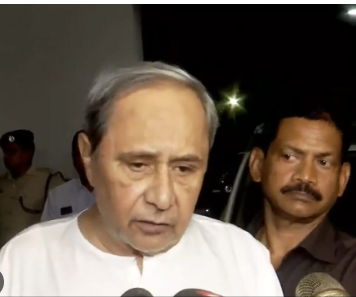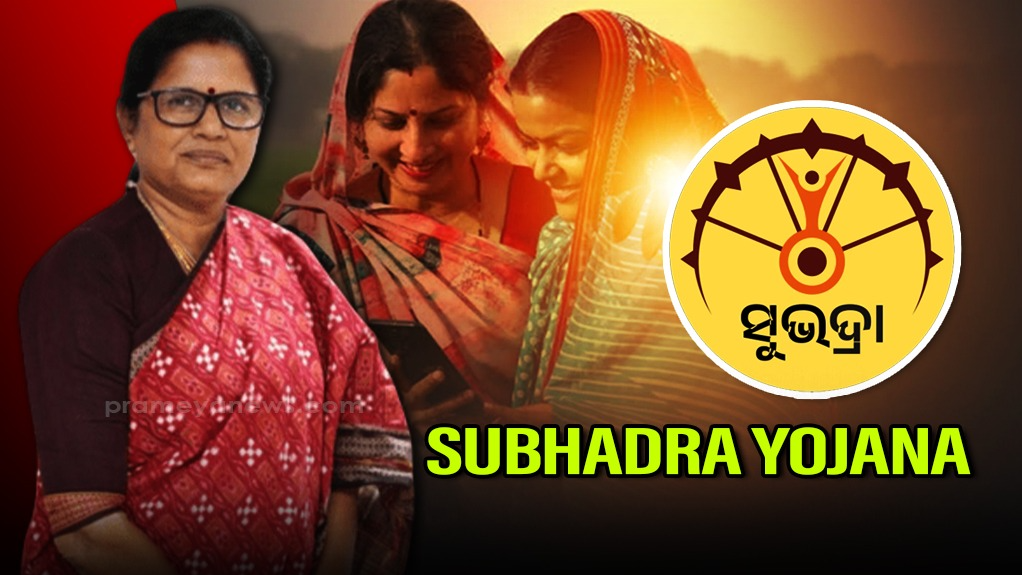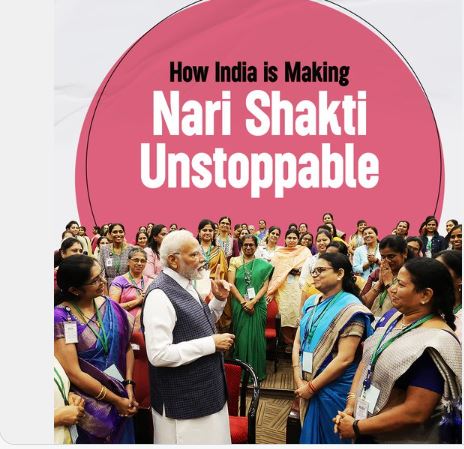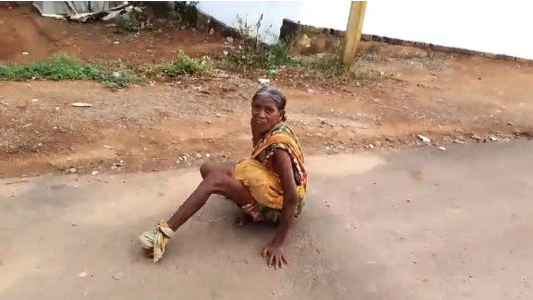Amit Shah’s J&K visit – hints of institutional mechanism to reach out to people

Arun Joshi Some of the key takeaways of the three-day visit of Home Minister’ Amit Shah’s three-day visit to J&K that concluded on Wednesday were quite obvious: pledge to grant scheduled tribe status to Pahari population in J&K, no talks with Pakistan, denunciation of the dynastic politics in the region, and Assembly elections after the summary revision of the electoral rolls. There was a bigger take away that how to move forward in the conflict-ridden Kashmir Valley, which though has emerged as Shah described from a “ terror hotspot to tourist hotspot” but the shadows of terror and misgivings have refused to disappear completely. He drew broad contours of the road ahead, realising that despite all the positive trajectory of the infrastructure development in terms of concrete buildings housing institutions and human -enrichment economic activities through unprecedented arrival of tourists in the Valley this year , the shadows of terrorism were a major concern. These shadows were the result of lack of preparation for ground for all-embracing peace in the region . And that is very crucial for the Indian nationhood . This realization can also result in greater outreach to the people , and a mechanism to translate intentions into actions may be on the anvil. Shah’s emphatic declaration “ We will not talk to Pakistan , nor listen to the neighbouring country , but we will talk to the people of Kashmir instead “ while being a reiteration of Delhi’s well known policy of not granting seat to Islamabad on table of talks unless it stops export of terrorism to J&K and other parts of the country , it also attempts to fill the gaps that continue to exist between Srinagar and Delhi . He, in a way underlined the need for strengthening the bridges between Srinagar and Delhi without giving an impression that it is happening due to Pakistan or Pakistan factor . . This also aims at telling the people that they should not look for solution coming to their problems via India-Pakistan talks . This was to decimate the theory propounded by the Kashmiri politicians and few others in the country that talks with Pakistan were a must to set peace in motion in the region. That is quite clear. But , it also can be studied as an attempt by Shah to drop hints of setting up of a mechanism to hold talks with the people of Kashmir to understand them better and reconcile their aspirations with regard to their culture, identity, land rights and job security for the natives . That mechanism is not there. The bureaucratic way of communication has not yielded the results . Each and every day Delhi cannot talk to the people . The local political matrix is not acceptable to Delhi , and the Kashmir-centric political leadership, whether it expresses it loudly or in whispers , is repulsive to what it calls “ aggressive measures” of Delhi to inflict wounds on their dignity and identity , which were set in motion with the abrogation of Article 370 in August 2019. Kashmiris have their own doubts about the local leadership but some of the issues of their land and job security and access to the natural resources resonate with them day in and day out. Amit Shah, by repeating his message of talks with the people of Kashmir, especially , the youth, has attempted to make them partners in the peace era , in which economy and normalcy were increasingly finding bigger space . That is important too because without the local participation , both in words and actions , in this process , things would not reach the desired level . The quest for peace is yet to reach its destination . This particular aspect also spotlights the need for a suitable and effective mechanism for dialogue with the people . This is probably the hint that the Centre is willing to understand the people’s problems, as ironically it also underlines the deficiencies in the communication system at the political level . There is no system in place to give meaning to this intention . At the political level , the fact is that after Prime Minister Narendra Modi had convened and held an all-party meeting in Delhi on June 24, 2021, there have been no follow up meetings at any level to carry forward the dialogue between the political groups in J&K and Centre . The Centre is having its own viewpoint on the abolition of Article 370 and its merits but the Kashmir-centric parties – National Conference and People’s Democratic Party view it in the reverse mirror image . They see it as an assault on their dignity and identity , and claim to have launched a peaceful struggle against what they call anti-people and unconstitutional measures . These differences cannot eb reconciled . But there are points where the two sides can discuss the ways to move forward in Kashmir . True as it is that BJP, for long , has its view on Kashmir and Article 370 , that however, should not be made a point not to discuss other issues . That dialogue has not taken place , the two sides have exchanged barbs only. If not political dialogue with the parties, then Amit Shah has proposed a task for him, as he heads the ministry of home affairs which is responsible entirely for whatever happens in J&K. About the Author: Arun Joshi is a senior journalist based in J&K. He has worked with Hindustan Times, Times of India, Indian Express, and The Tribune. He has authored “ Eyewitness Kashmir: Teetering on Nuclear War” and three other books. DISCLAIMER This is the personal opinion of the author. The views expressed in this write-up have nothing to do with those of prameyanews.com.
Latest News

Dalai Lama to celebrate his 90th Birthday tomo...

Puri Bahuda Yatra: 3 holy chariots reach befor...

Lalu Prasad Yadav re-elected as RJD President...

From Organizer to Champion: Neeraj Chopra Triu...

Dharmendra launches major projects at Central...

Naveen seeks MEA Jaishankar’s aid to rescue Od...

Dharmendra proposes HAL–IIT Madras tie-up with...
Copyright © 2024 - Summa Real Media Private Limited. All Rights Reserved.
























